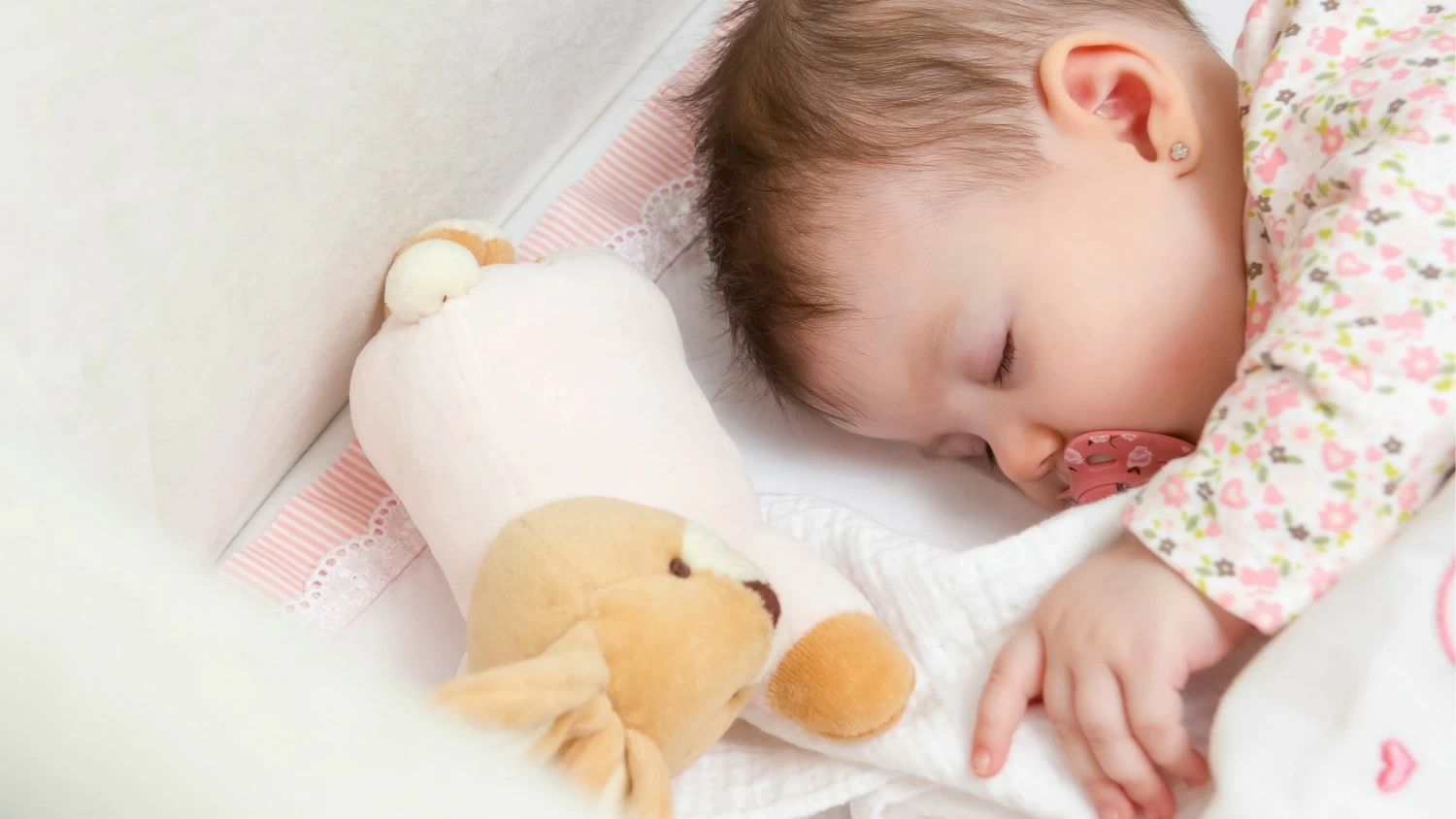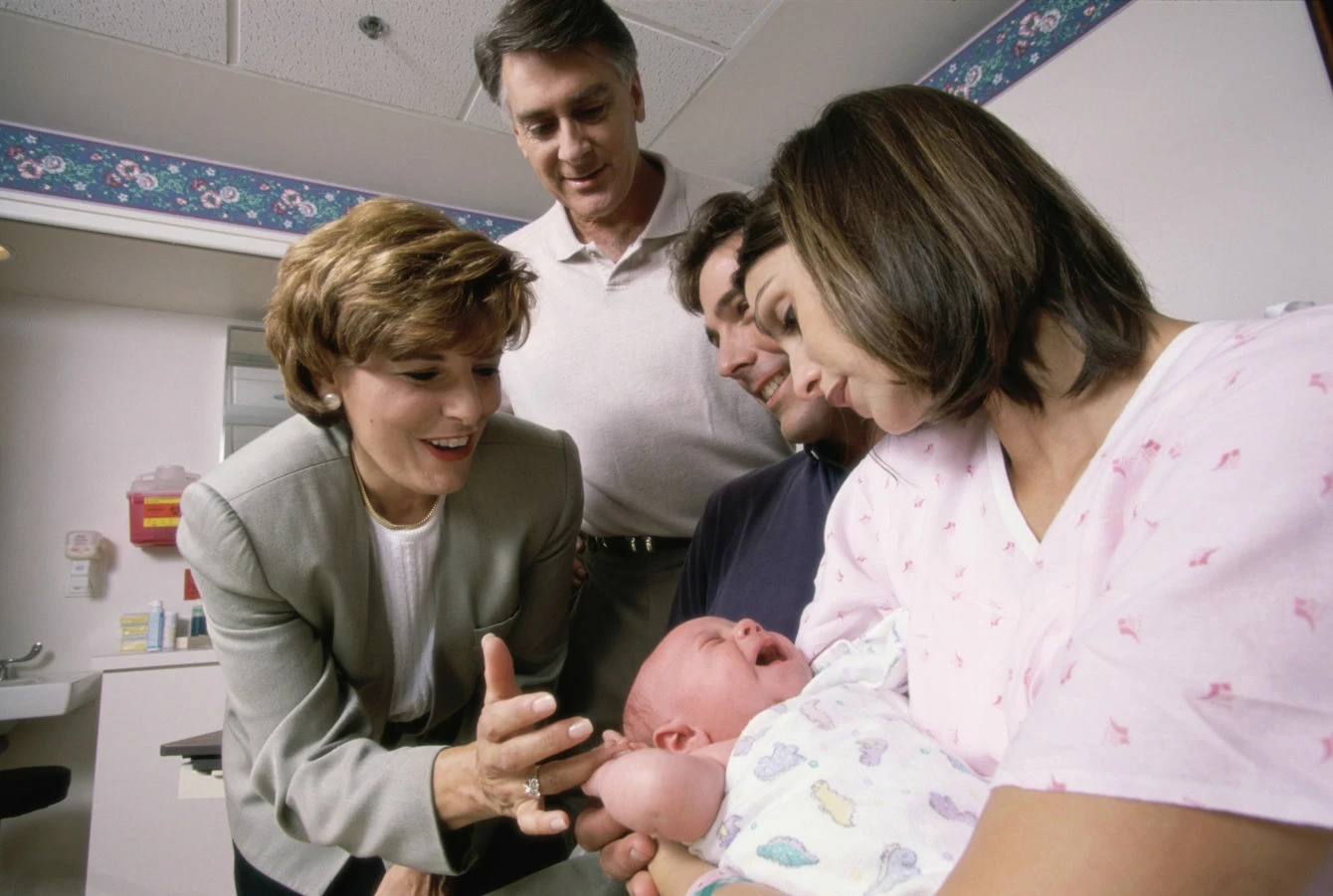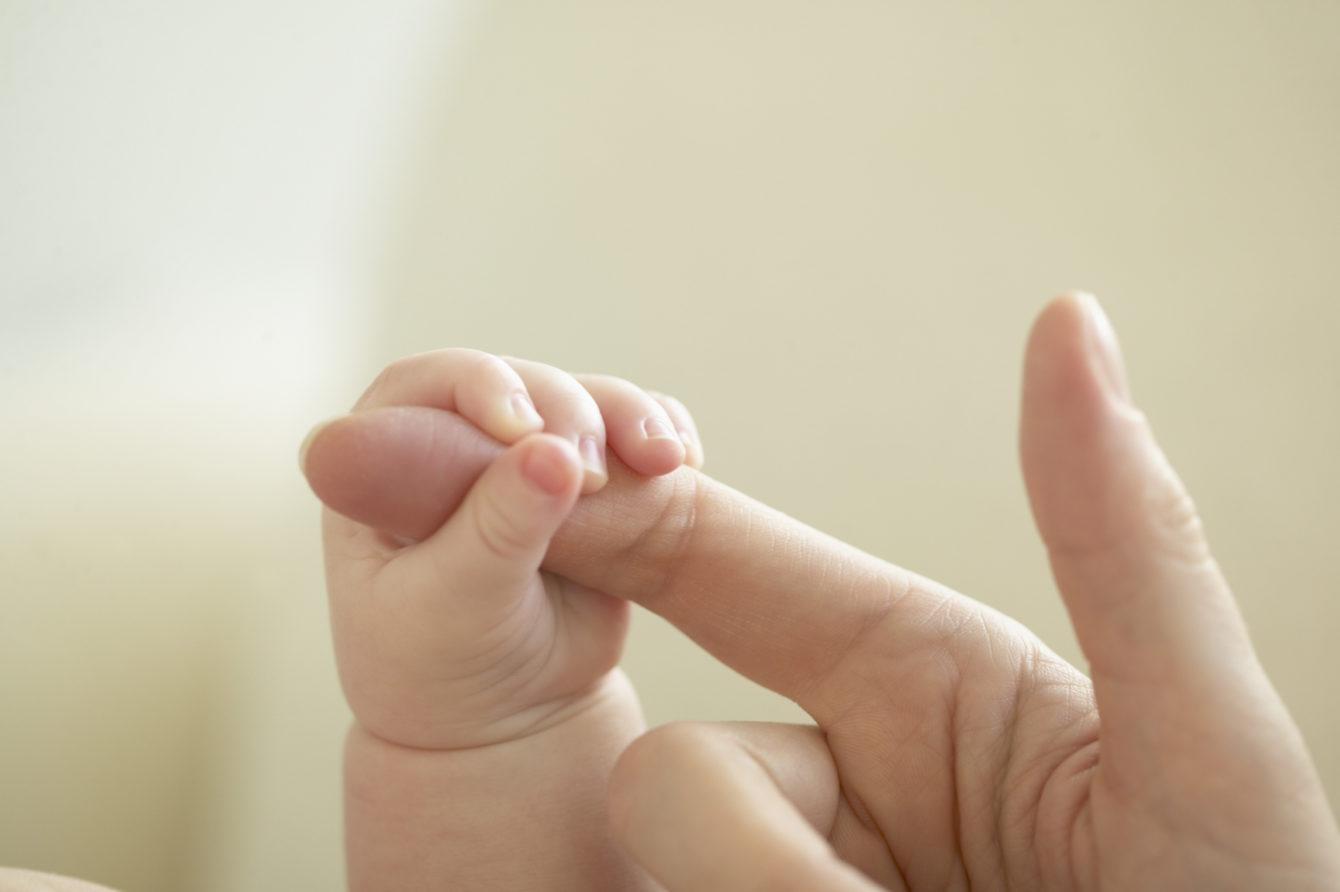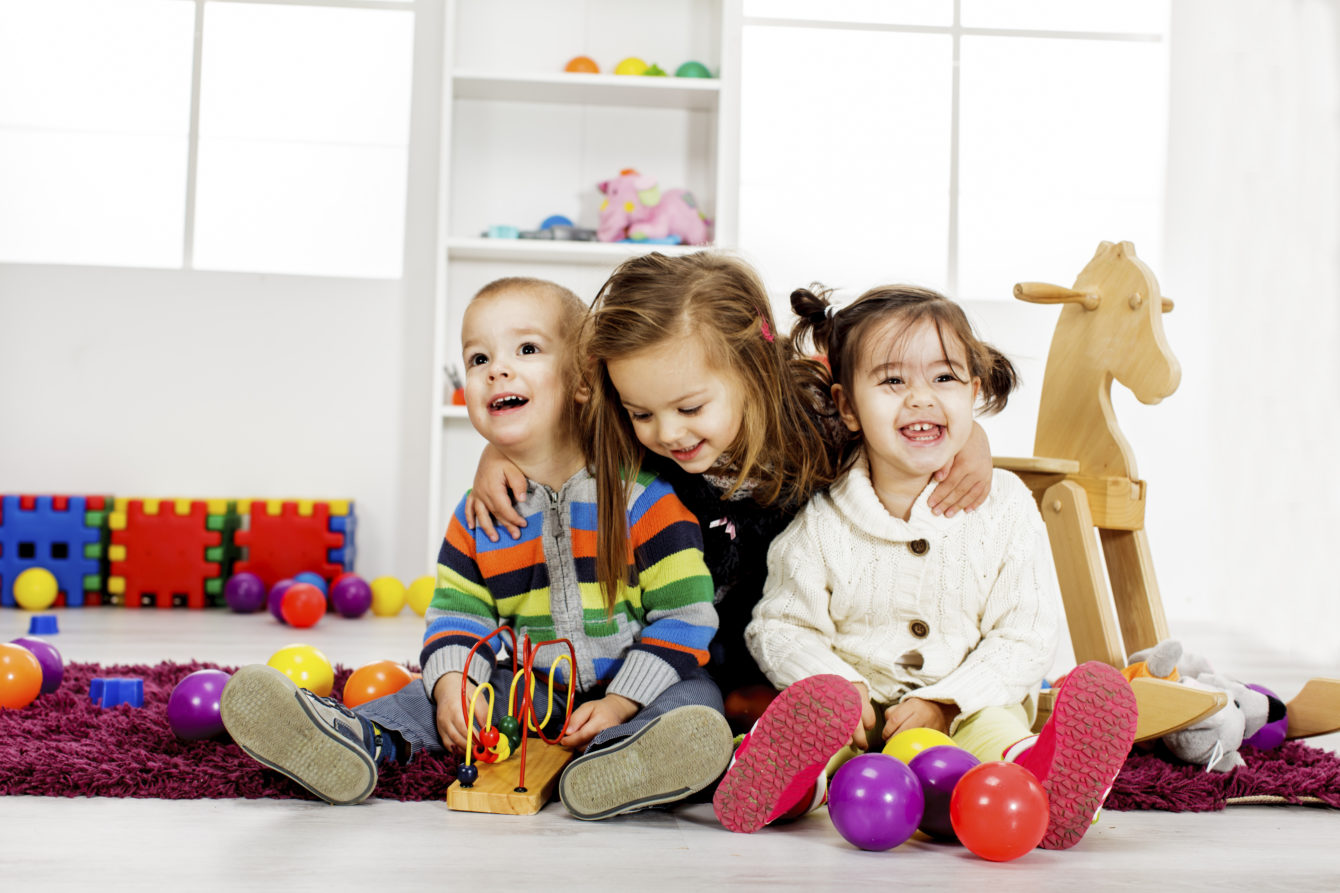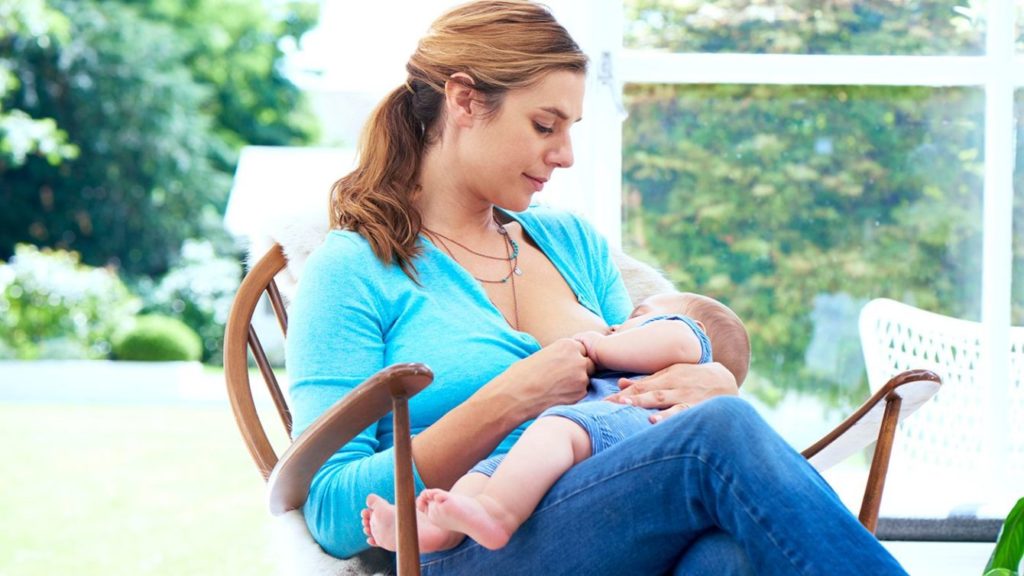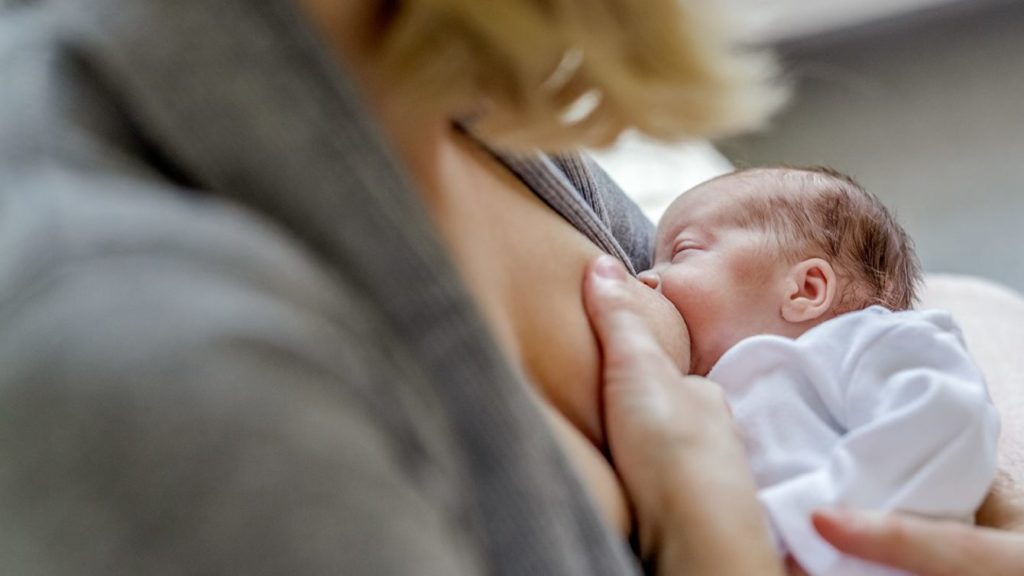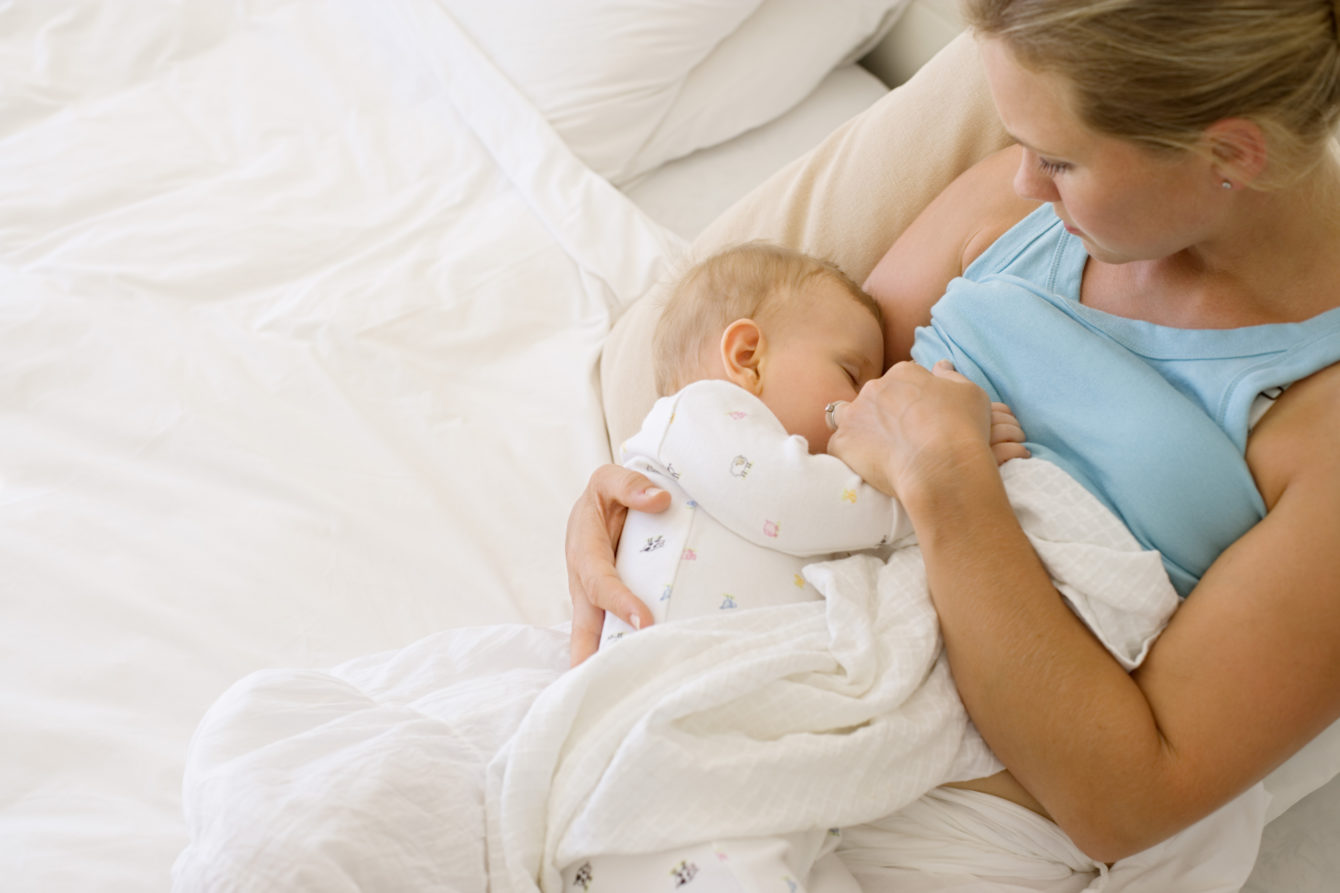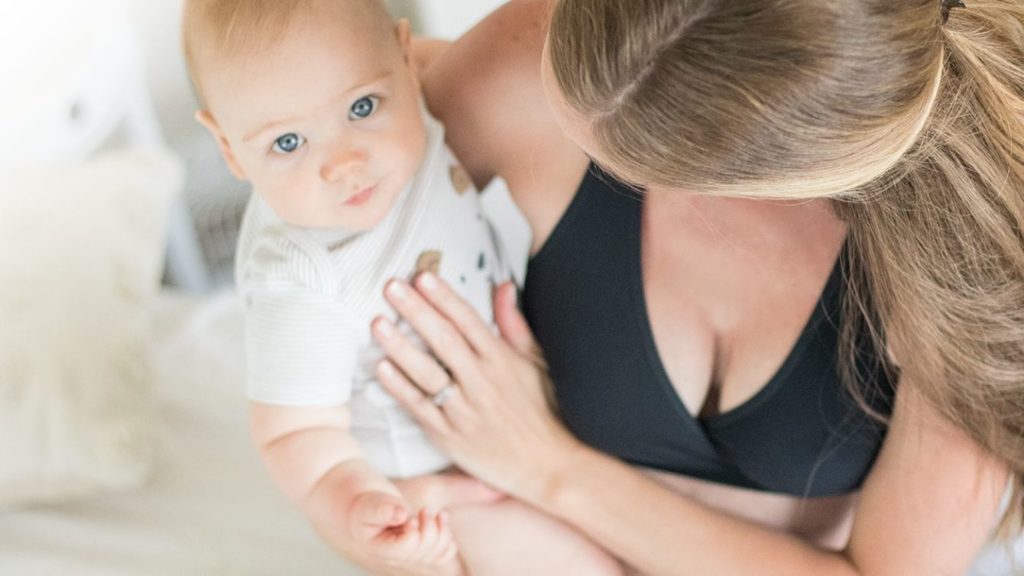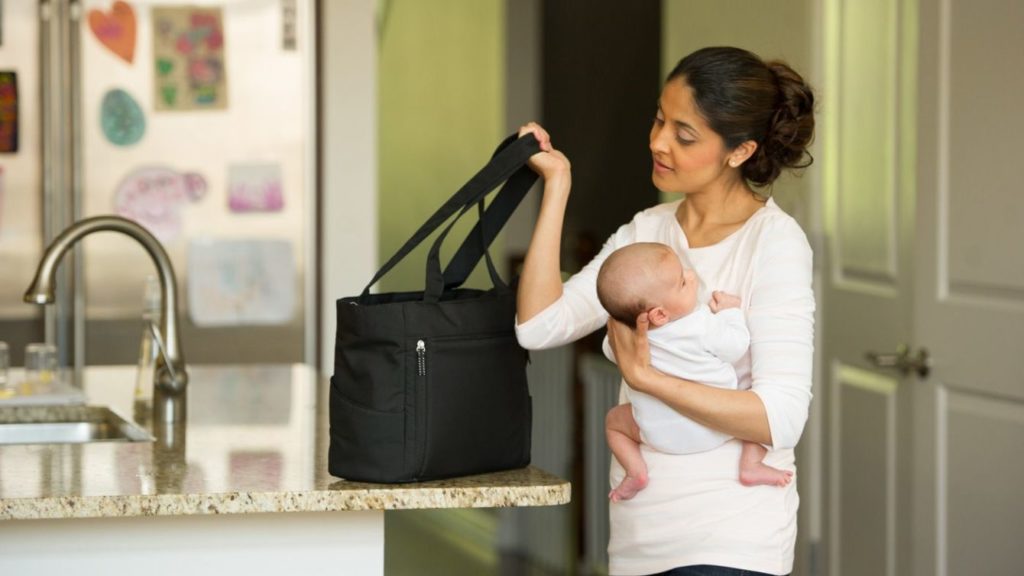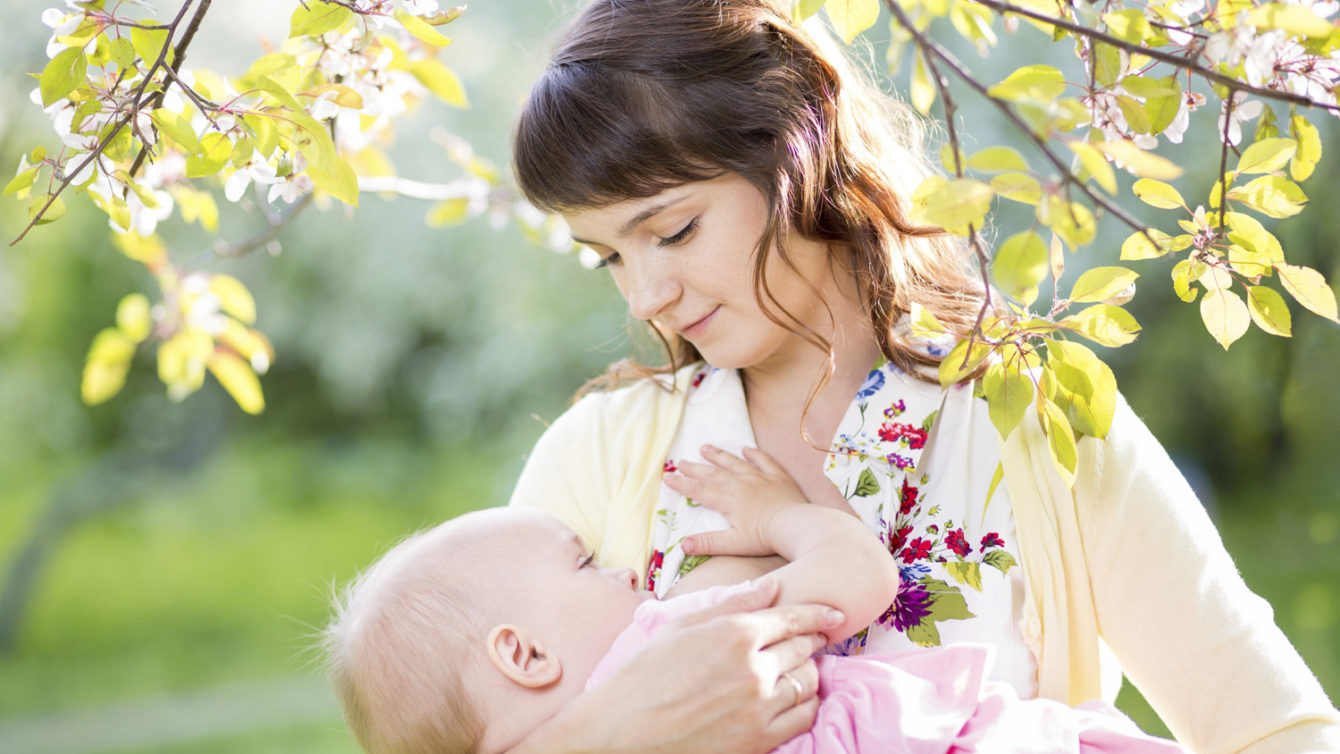When expecting a baby, there are many things a mom says she will never do when her child is born. Things like, “I will never give my child sweets to stop them from crying and definitely never use a pacifier to soothe them.” Then after the reality of motherhood settles in, the rules bend – just a little. The truth is that a pacifier can be a useful device to calm a fussy baby, especially when you are in a crowded store or airplane and you know that giving them something to suck on temporarily will help relax everyone. A “fussifier” or “lovey” can often be a useful temporary distraction, and often help your baby to fall asleep. You may want to offer a pacifier if your baby is not feeling well or has pain associated with teething or if they have an earache. However, many moms wonder if using a pacifier might undermine the child’s ability to successfully breastfeed.
The general suggestion is that very early use of pacifiers can lead to possible breastfeeding problems. The American Academy of Paediatrics recommends waiting to offer a pacifier until your baby is at least 3 to 4 weeks old, and you have settled into an effective nursing routine. Waiting for this first few weeks, gives your baby time to establish good sucking behaviour and learn to breastfeed effectively from the breast. In addition, using a pacifier too early can lead to breast confusion. If your baby starts to rely on using a pacifier to comfort him or herself, the memory of how to attach to your breast afterwards is reduced.
Using a pacifier early on could also interfere with how much time your baby spends sucking at your breast. This leads to a variety of breastfeeding problems. Since milk supply increases with demand, the more you feed your baby, the more milk your body makes. If a baby spends a lot of time sucking on a pacifier, the less time they will spend on the breast stimulating the production of breastmilk.
Use the pacifier only in moderation when your baby really seems to need it or when your baby goes to sleep. Use it temporarily to avoid having your future toddler develop a lasting “pacifier habit” that can be hard to break. Ideally, it is wonderful to help your baby learn how to soothe herself on her own. It is important to note that pacifiers in and of themselves are not “bad” – if a baby uses one occasionally, these breastfeeding problems are not likely to develop. The challenge comes when a mom is already having a difficult time with breastfeeding, and allows the baby to rely more and more on a pacifier. This leads to a cycle that keeps the baby off the breast and ends up decreasing the milk supply. Therefore, if you want to use a pacifier for any reason, here is some guidance on how to use it in the correct way.
Using Pacifier in the Right Way
Here are some tips for the use of a pacifier:
- Don’t force it. If the baby doesn’t accept the pacifier, don’t push it.
- Only offer when the baby is not hungry. Don’t let the pacifier become a substitute for breastfeeding.
- Avoid using it too often. The pacifier should not become a source of comfort for your baby. Cuddles work beautifully.
- Pacifiers should be used on a limited basis, like when you’re out in public and need to calm down the baby at an urgent moment.
- Never tie a pacifier around your baby’s wrist, neck, or to her crib. This is a health hazard.
- Keep the pacifier clean. Watch for damage or cracks in the pacifier and replace it if needed.
- Do not dip the pacifier in juice or sugary drinks. This can cause dental problems.
How to Stop Using a Pacifier
Another important point to remember when using pacifiers is to make a plan for your baby to stop using it! Many infants and toddlers love sucking their pacifiers and have given them fun and endearing names like binky, goo-goo, wubby, or sucky. But they cannot keep doing it forever. Parents magazine offers ideas for a “cold turkey” 3-day plan or a more gradual approach to end the child’s pacifier habit, but whatever you choose to get your child to stop using the pacifier, paediatric dentists recommend ceasing pacifier use by age 4 in order to avoid future dental problems. Pacifiers can be a great comfort during infancy, but your child will thank you in the future, if you can help her enjoy a lifetime of stronger, straighter, healthier teeth.
Many babies find that pacifiers can be helpful and comforting, which also makes life more pleasant for their moms. So follow your baby’s lead – but be prepared to limit the use of pacifiers and do not let it interfere with your ongoing breastfeeding routine.
Does your baby use a pacifier? Have you found that the benefits of giving him or her a pacifier have outweighed the costs? Please join the conversation below and don’t forget to “like” and share this article to keep the conversation going or visit the Medela Facebook Community






